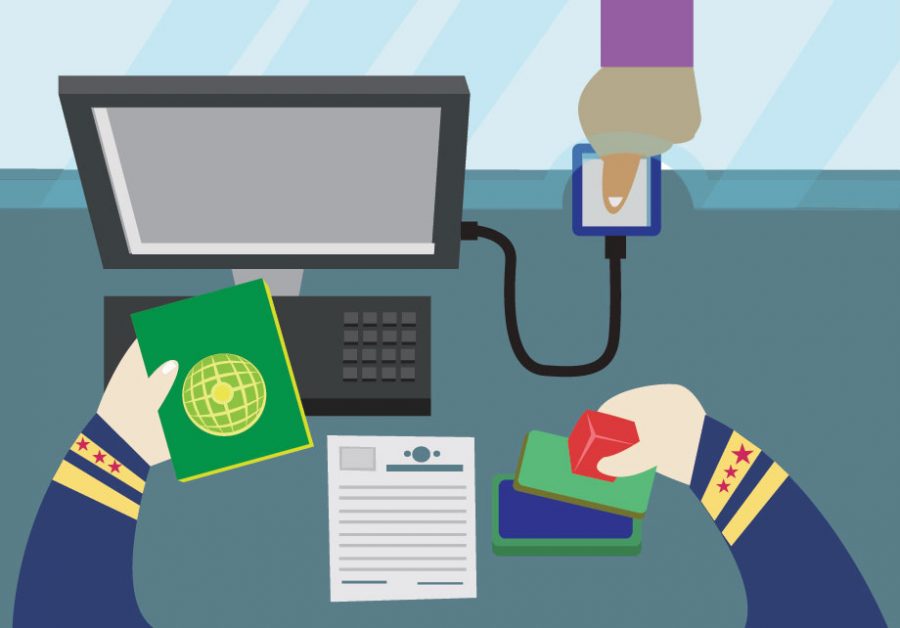The EU has recently announced a further delay in the introduction of a new biometric Entry and Exit System (EES), originally planned for 2022 and then May 2023. The system is now planned for late 2023, so will not impact most cruising the EU inland waterways this season.
Under EES all non-EU visitors entering the EU will be physically scanned for biometric information and have their passport scanned electronically. It is reported that new biometric booths are being installed at Ports of Entry across the EU. However, concerns about the practical implementation remain and significant delays, particularly at ferry ports, are expected.
The overall aim of the system is to allow Schengen countries to control their borders via a common electronic system and the set up will probably be somewhat similar to the familiar biometric recognition systems used at airports, although it appears that non-EU citizens may now also be required to undergo additional fingerprint checking.
What remains unclear is how this process could work for those arriving by small vessels at a marina where there are no biometric passport facilities. There are concerns that the recent flexibility shown by some French marinas will not be possible in the future, and all entry and exit authorisation will have to be via the official ports of entry. The Cruising Association will continue to use its local connections to monitor the system and explore opportunities for authorities to create practical systems which work for cruising sailors.
In addition to the EES system for biometric identity checking at the border, the EU is also due to introduce an electronic travel authorisation system for non-EU citizens planning to visit the EU. The European Travel Information and Authorization System (ETIAS) scheme is also now due for late 2023 and will apply to visitors who have been granted visa-free access to the EU and Schengen member countries (such as those travelling under the visa-free Schengen 90/180 scheme).
An application for travel authorisation under ETIAS must be made online for every non-EU traveller wanting to travel. It will allow the EU to pre-screen and approve (or otherwise) non-EU security credentials before travel. There will be a fee of €7 per traveller, except those under 18 or over 70.
Airlines and ferry operators will not allow travellers without an ETIAS travel authorisation to board a plane or ship and anyone arriving by small boat without an ETIAS authorisation could be treated as a potential illegal immigrant.
Courtesy: Cruising Association








